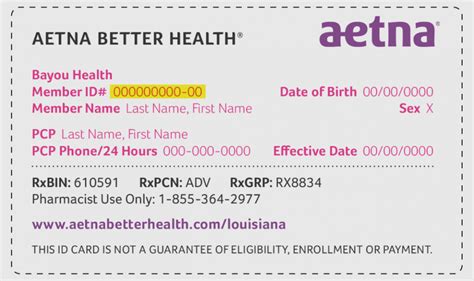5 Mental Health Tips
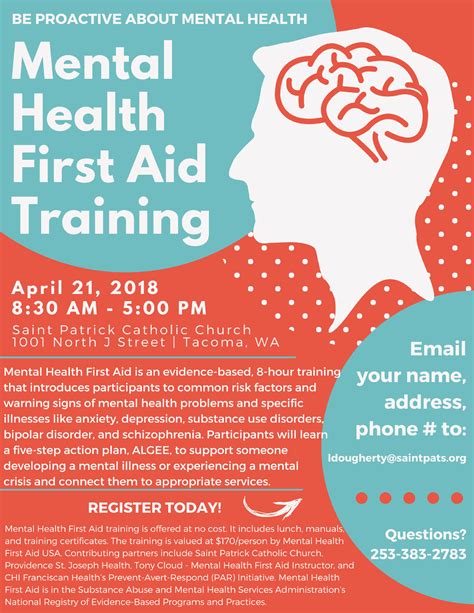
Introduction to Mental Health
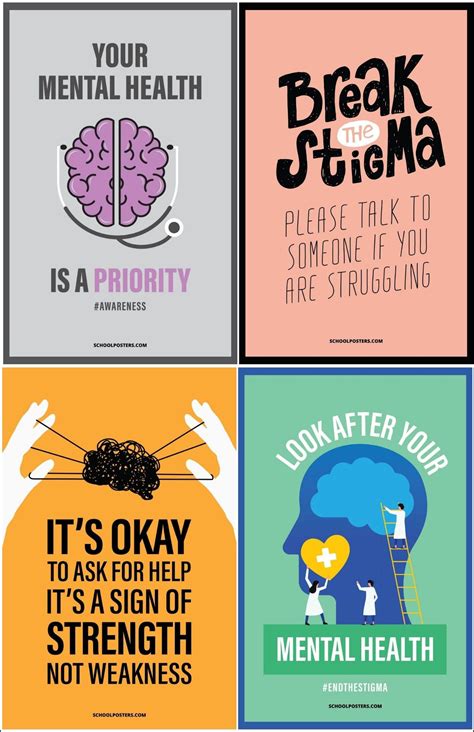
Mental health is a vital aspect of our overall well-being, and it’s essential to prioritize it in our daily lives. With the increasing demands of work, social media, and personal relationships, it’s easy to neglect our mental health. However, ignoring mental health can lead to severe consequences, including anxiety, depression, and even suicidal thoughts. In this article, we’ll explore five mental health tips to help you maintain a healthy and balanced lifestyle.
Tip 1: Practice Mindfulness
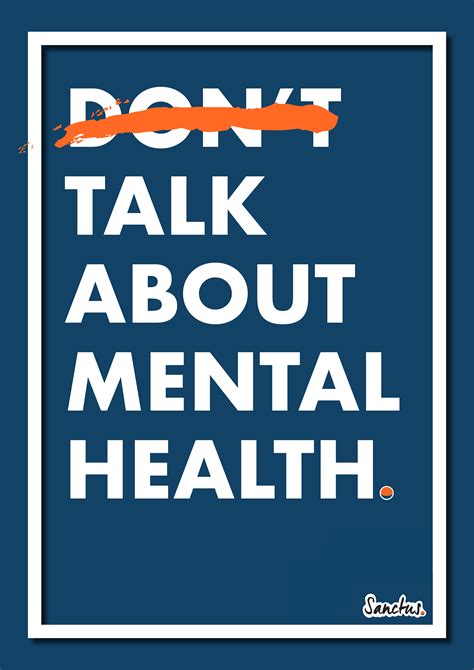
Mindfulness is the practice of being present in the moment, paying attention to your thoughts, feelings, and sensations without judgment. It’s a powerful tool for reducing stress and anxiety. You can practice mindfulness through meditation, deep breathing exercises, or simply paying attention to your surroundings. Mindfulness can help you develop a greater sense of self-awareness, allowing you to better understand your thoughts, emotions, and behaviors. By practicing mindfulness, you can reduce stress, improve your mood, and enhance your overall mental well-being.
Tip 2: Connect with Nature
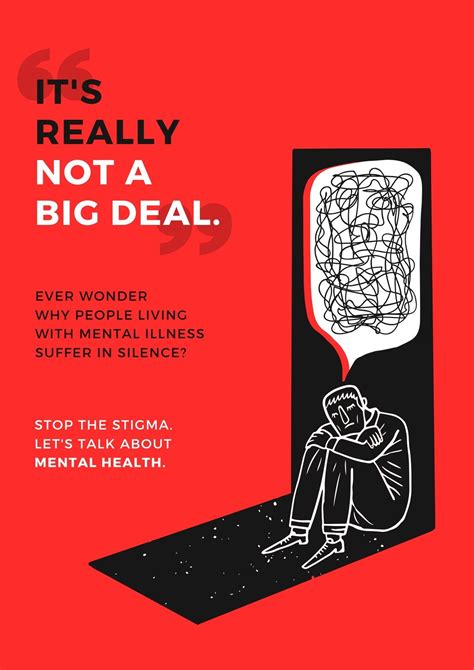
Spending time in nature can have a profound impact on our mental health. Being in nature can help reduce stress, improve mood, and even reduce symptoms of anxiety and depression. You can connect with nature by taking a walk in a park, hiking in the woods, or simply spending time in your backyard. Exposure to natural light can also help regulate your circadian rhythms, which can improve your sleep quality and overall mental health.
Tip 3: Exercise Regularly
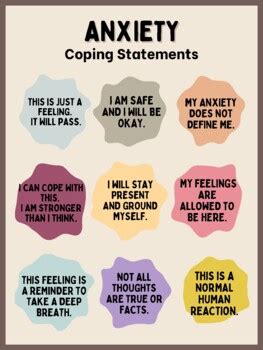
Exercise is a powerful tool for maintaining good mental health. Regular physical activity can help reduce stress, improve mood, and even reduce symptoms of anxiety and depression. Exercise can also help improve sleep quality, which is essential for maintaining good mental health. You can exercise by joining a gym, taking a fitness class, or simply going for a walk or run. Find an activity that you enjoy, and make it a regular part of your routine.
Tip 4: Build a Support Network
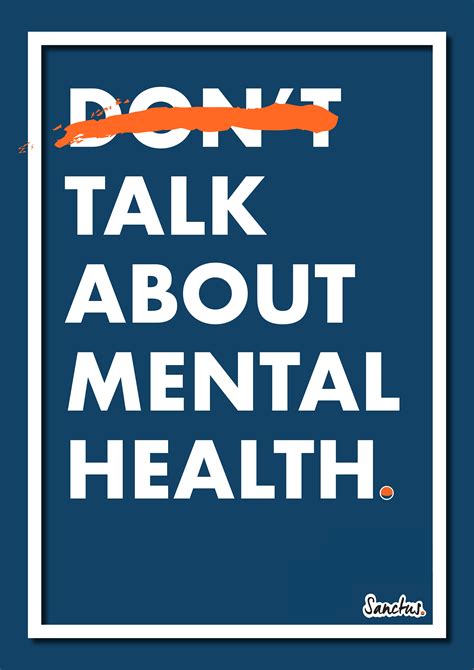
Having a strong support network is essential for maintaining good mental health. Surround yourself with people who support and care for you, and don’t be afraid to reach out for help when you need it. You can build a support network by joining a social club, volunteering, or simply spending time with friends and family. Good relationships can help you feel connected, supported, and less isolated, which can improve your overall mental well-being.
Tip 5: Practice Self-Care
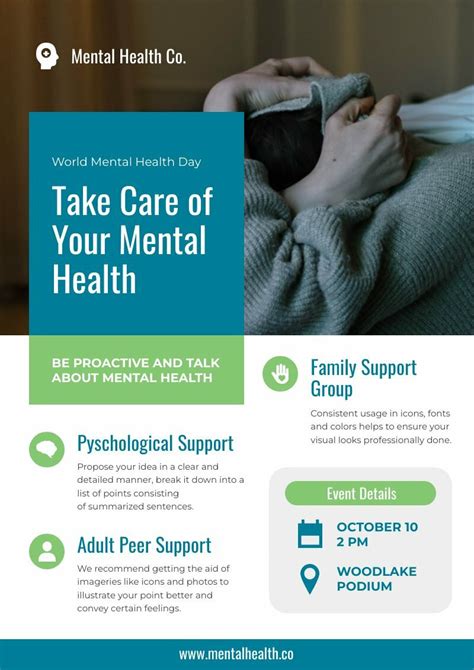
Self-care is the practice of taking care of your physical, emotional, and mental needs. It’s essential for maintaining good mental health, and it can include activities such as getting enough sleep, eating a healthy diet, and engaging in hobbies and activities that bring you joy. You can also practice self-care by taking a relaxing bath, getting a massage, or simply taking a break from the demands of daily life. Make self-care a priority, and take time to nurture your mind, body, and spirit.
🌟 Note: Remember that mental health is a journey, and it's essential to be patient and compassionate with yourself as you work towards maintaining good mental health.
To summarize, maintaining good mental health requires a combination of self-care, social connection, and healthy habits. By practicing mindfulness, connecting with nature, exercising regularly, building a support network, and prioritizing self-care, you can improve your overall mental well-being and reduce the risk of mental health problems.
What is the importance of mental health?

+
Mental health is essential for maintaining a healthy and balanced lifestyle. It affects our thoughts, feelings, and behaviors, and can impact our relationships, work, and overall well-being.
How can I prioritize my mental health?
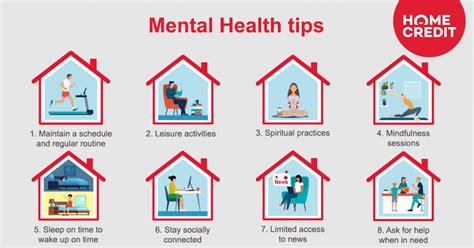
+
You can prioritize your mental health by practicing self-care, building a support network, and engaging in activities that bring you joy and relaxation. It’s also essential to seek help when you need it, whether it’s from a mental health professional or a trusted friend or family member.
What are some common signs of mental health problems?
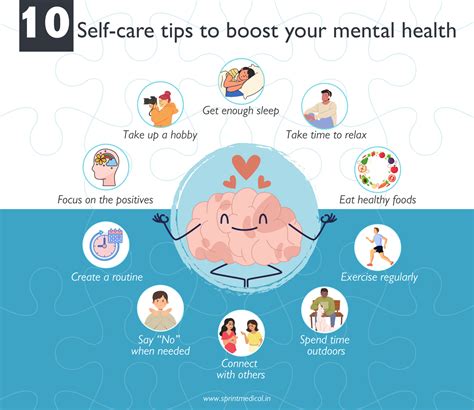
+
Common signs of mental health problems include changes in mood, appetite, or sleep patterns, as well as feelings of anxiety, depression, or hopelessness. If you’re experiencing any of these symptoms, it’s essential to seek help from a mental health professional.
Related Terms:
- motivational posters for mental health
- printable mental health posters
- mental health poster examples
- mental health posters free pdf
- mental health posters for workplace
- free mental health poster template


